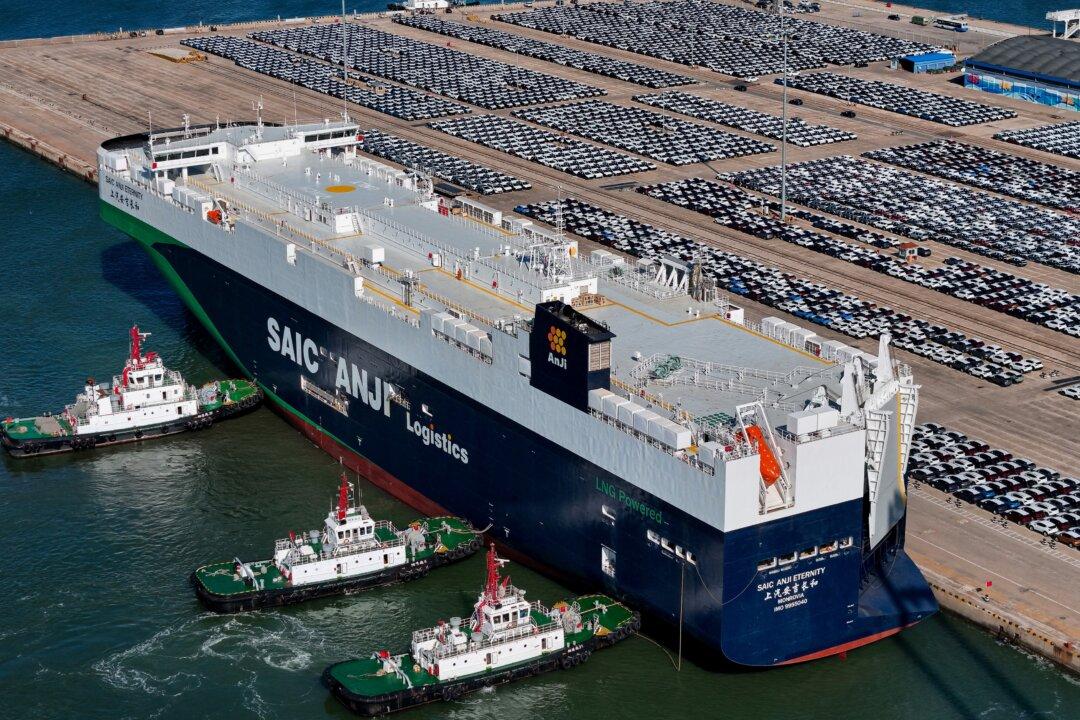Commentary
The key pillars of communist China’s economy include the domestic real estate market, foreign direct investment, and exports.

The key pillars of communist China’s economy include the domestic real estate market, foreign direct investment, and exports.